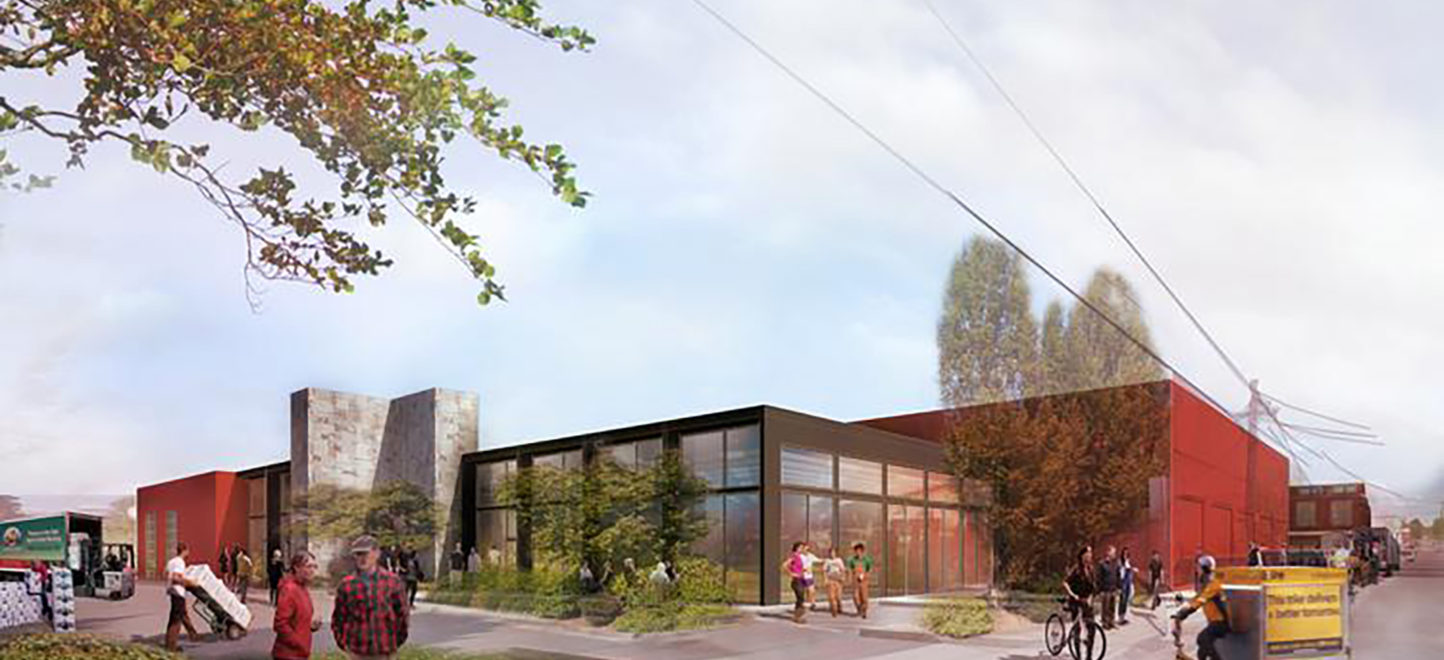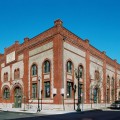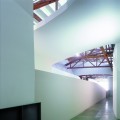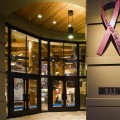Settling in Portland’s Central Eastside, a vibrant and emerging district full of entrepreneurial spirit, tenants of the Redd will be among the district’s 1,200+ businesses that employ 17,000 people in diverse occupations, from traditional manufacturing and automotive repair to distilleries and design firms. The Redd is comprised of a two-block, 80,000-square-foot food production and distribution campus including two buildings: the Marble, a former distribution hub and sales center now open for leasing; and the Foundry, a 1918 ironworks. Restoration of the Foundry and a fully landscaped outdoor space and parking lot is expected to be complete in Spring 2017.
With over 20,000 square feet of warehouse space, the Marble building will serve as a cold storage, aggregation, packaging, and distribution center for the Redd, and also includes over 6,000 square feet of prime storefront and studio space for retail and ancillary businesses. Plans for the Foundry restoration include 16,000 square feet of food production space, including USDA-certified meat processing facilities and specially equipped facilities for value-added grain production. In addition, eight smaller spaces are under design for small-scale on-site food production.
To restore the existing 16,000-square-foot building, Ecotrust is partnering with Walsh Construction Company, OPSIS, and Green Gables architecture. Beyond certification by leading green building standards , the project will use local materials, capture and reuse water, and minimize energy use. The Redd will also provide the infrastructure to enable the mutually reinforcing web of farm to table that creates jobs and restores land, water, and habitat, while mitigating climate change — a web connecting the soil, water, forests, and farms to the innovation emerging from dynamic, growing, and evolving businesses.
The Redd is not Ecotrust’s first redevelopment project focused on repurposing a building to drive economic development. Ecotrust’s headquarters is in a building that spent a century as a hub for the goods of the industrial economy. Now it has become a focal point for a new economy in which “natural capital” — the flow of goods and services from nature — is our measure of prosperity and resilience. From the native timber Ecotrust used and preserved to the daily business and events that keep the building humming, the Natural Capital Center is an evolving expression of our commitment to the long-term wellbeing of people and nature.
Renderings courtesy of Urban Patterns Architecture.



